Earth Hour 2012: Why Are The Lights Out? [BEFORE & AFTER PHOTOS]
Why are the lights out at the Empire State Building, Sydney Opera House, Eiffel Tower, Christ the Redeemer, Burj Khalifa, and Great Wall of China? They've all gone dark for Earth Hour 2012 as a symbolic gesture of each nation's commitment to sustainability.
Lights-out events began in Samoa -- which recently jumped across the international dateline -- and will finish nearby in the Cook Islands as Earth Hour traverses the globe over a 24-hour period.
This year's event is the biggest yet with an estimated 5,251 cities and towns in 147 countries and territories participating. Organizers expect Earth Hour will reach close to 2 billion people from Argentina to Zimbabwe.
That's a far cry from its humble inception in Sydney back in 2007.
It started as a bit of a reaction to the situation in Australia in 2005 and 2006, Earth Hour Executive Director and Co-founder Andy Ridley told the International Business Times, noting that the government at the time was not taking notice of climate issues.
We got to a point where we were talking to those that already agreed with us and fighting with all those that didn't, so we tried to come up with a way of showing -- in a very impressive way -- that people did care.
The annual event is an open-source idea -- anyone can run it, and anyone can be a part of it. Perhaps that's why in just six years, it's become the world's largest voluntary action for the environment, uniting communities around the world to celebrate a commitment to the planet by switching off lights for one hour on the last Saturday of March.
What's happened in the past couple of years has been the digital footprint explosion, Ridley said. People are connecting online. Last year, we had 91 million connecting on our social-media platforms.
Ridley said this year he was even approached online by two teenagers in Libya who set up Earth Hour events in Tripoli. They convinced the minister to switch off the lights in the former King's Castle, now the National Museum. We wanted to do it last year, they told Ridley, but we were in the middle of a war.
Also out of this world are the contributions of astronaut and World Wildlife Fund ambassador Andre Kuipers, who is tweeting photographs of the event from the International Space Station. He is sharing photos and live commentary of his experience via the European Space Agency.
UN Secretary-General Ban Ki-moon said the United Nations will show its support by turning off lights at the headquarters in New York. Turning off our lights is a symbol of our commitment to sustainable energy for all, he said in a video statement. We need to fuel our future with clean, efficient, and affordable energy.
The one hour when lights go out in cities across the globe is the symbolic heart of the event. Ridley knew that he had to have the symbolic on the front end of it, but the campaign aims to be so much more.
Earth Hour is bigger than one hour of lights out, and organizers are trying to get that message across this year by asking participants to go beyond the hour, using the symbolism of the event as a catalyst to engage in discussions about facilitating a sustainable lifestyle.
As the organizers put it: From melting sea ice in the Arctic to a looming deforestation disaster in the Amazon, coral bleaching in the Great Barrier Reef to a drought-induced famine in the Horn of Africa. It's time to act.
However, some question whether Earth Hour is actually effective. In a Huffington Post article titled Does Earth Hour Do More Harm Than Good? Maggie Koerth-Baker, who has a book on the future of energy coming out in April, said Earth Hour is a feel-good environmental campaign that does little to help. It may, she said, actually do some harm.
This Saturday, thousands of people will voluntarily spend an evening without electricity, Koerth-Baker said. No lights. No television. No computers. They'll eat dinner by candlelight, maybe light up a bonfire in the backyard and roast some marshmallows. They'll think they're saving energy and doing something good for the planet. But I'm not so sure about that.
She argued that a power surge when the energy comes back on means that some coal and natural-gas plants have to work extra hard to meet that demand. She also said that individual actions do very little to change the environment and that campaigns like this should focus more on policy change.
For his part, Ridley said Earth Hour does not purport to be an energy/carbon-reduction exercise. They don't even keep track of these figures -- it's more of a symbolic action to encourage individuals, businesses, and governments to take accountability for their ecological footprint. He further argued that the aggregate of everyone's actions is more powerful than the individual.
We're encouraging individuals and organizations to be the inspiration, he said. Anyone can be the inspiration to make the change, and they can share it.
This year, Earth Hour and WWF ask participants to accept and make their own Earth Hour challenges on the Earth Hour Global Channel at YouTube. It's part of the new I Will If You Will campaign that intends to engage a growing global community to go beyond the hour and coordinate their efforts publicly through Facebook, Twitter, Google+, and other platforms. The idea is yet another way Earth Hour has used social media to rapidly unite the globe around its cause.
Further proof that Earth Hour is broadening its scope and moving beyond the hour came when it announced in February that its global headquarters would move from Sydney to Singapore.
Ridley said they wanted to capitalize on the incredible growth in the region.
Back at the beginning, we had a kind of one-place plan, he said. It was like, if we can do this, we can then take it beyond the hour. Since then, it's had truly amazing growth and the long-term idea is to create an interconnected global community sharing opportunities, challenges, and ideas around the broader goal.
It sounds very naïve, he said. And maybe it is. But it's what we're trying to do.
Press Start to view images of Earth Hour as it crosses the globe.

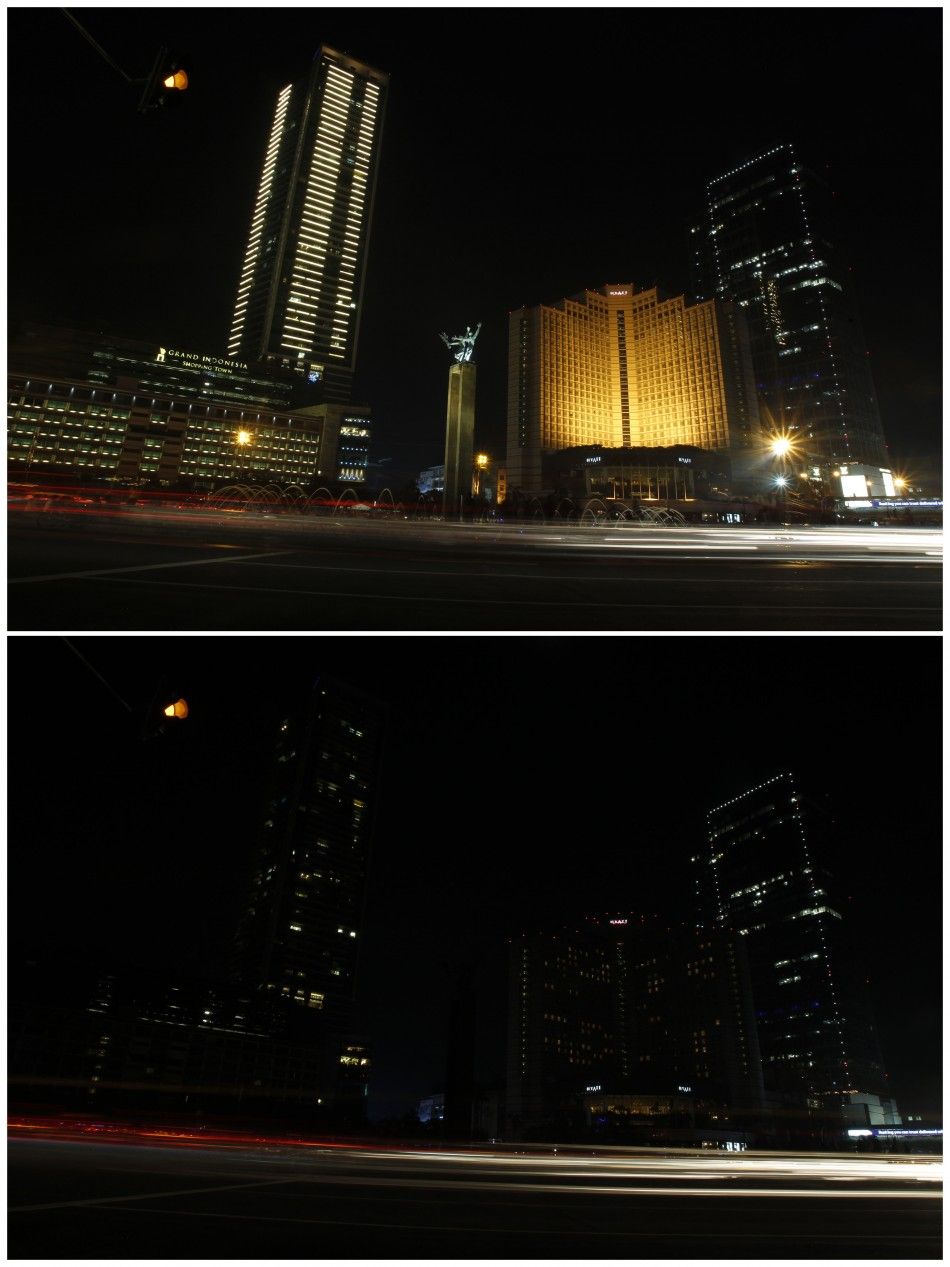


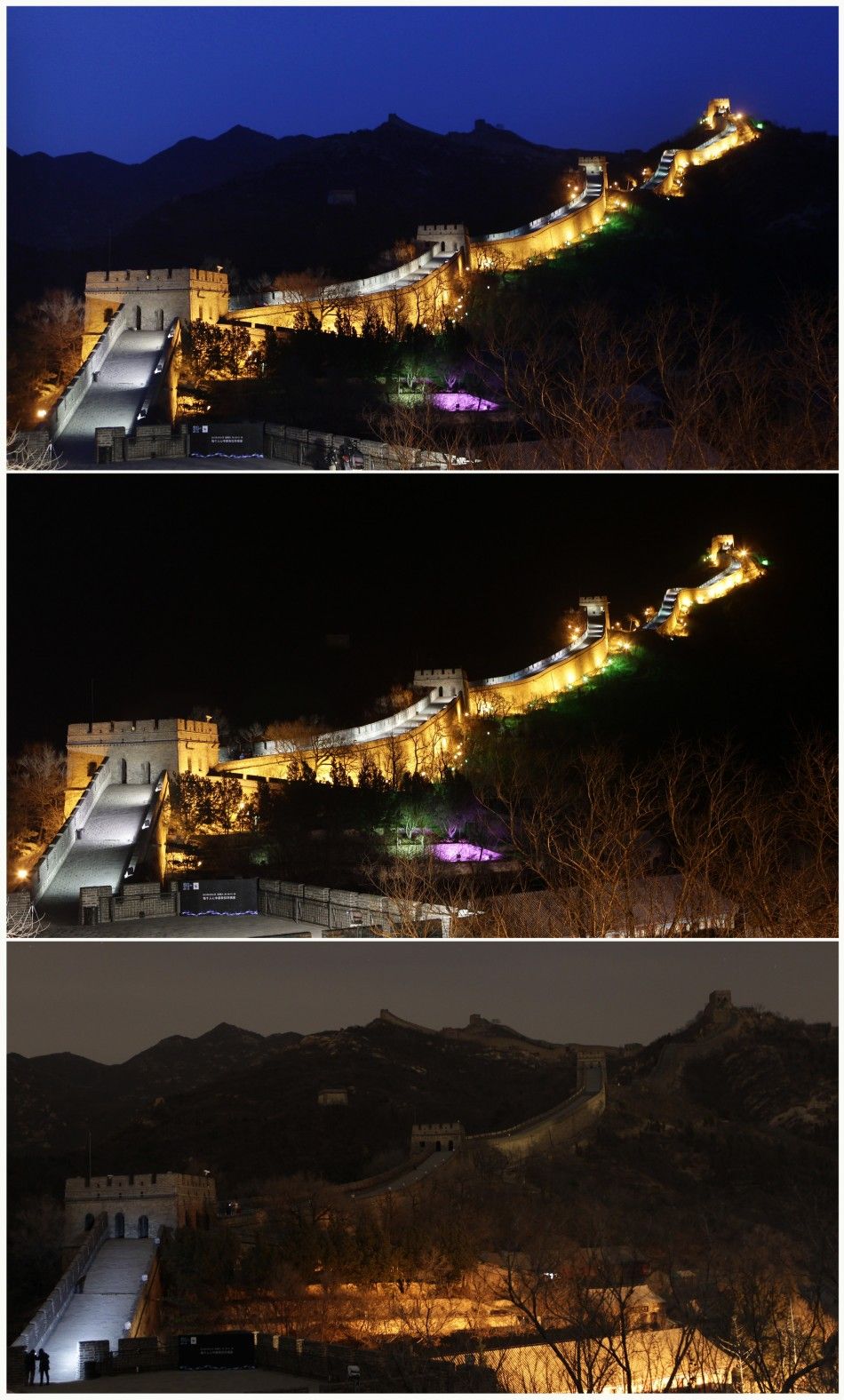
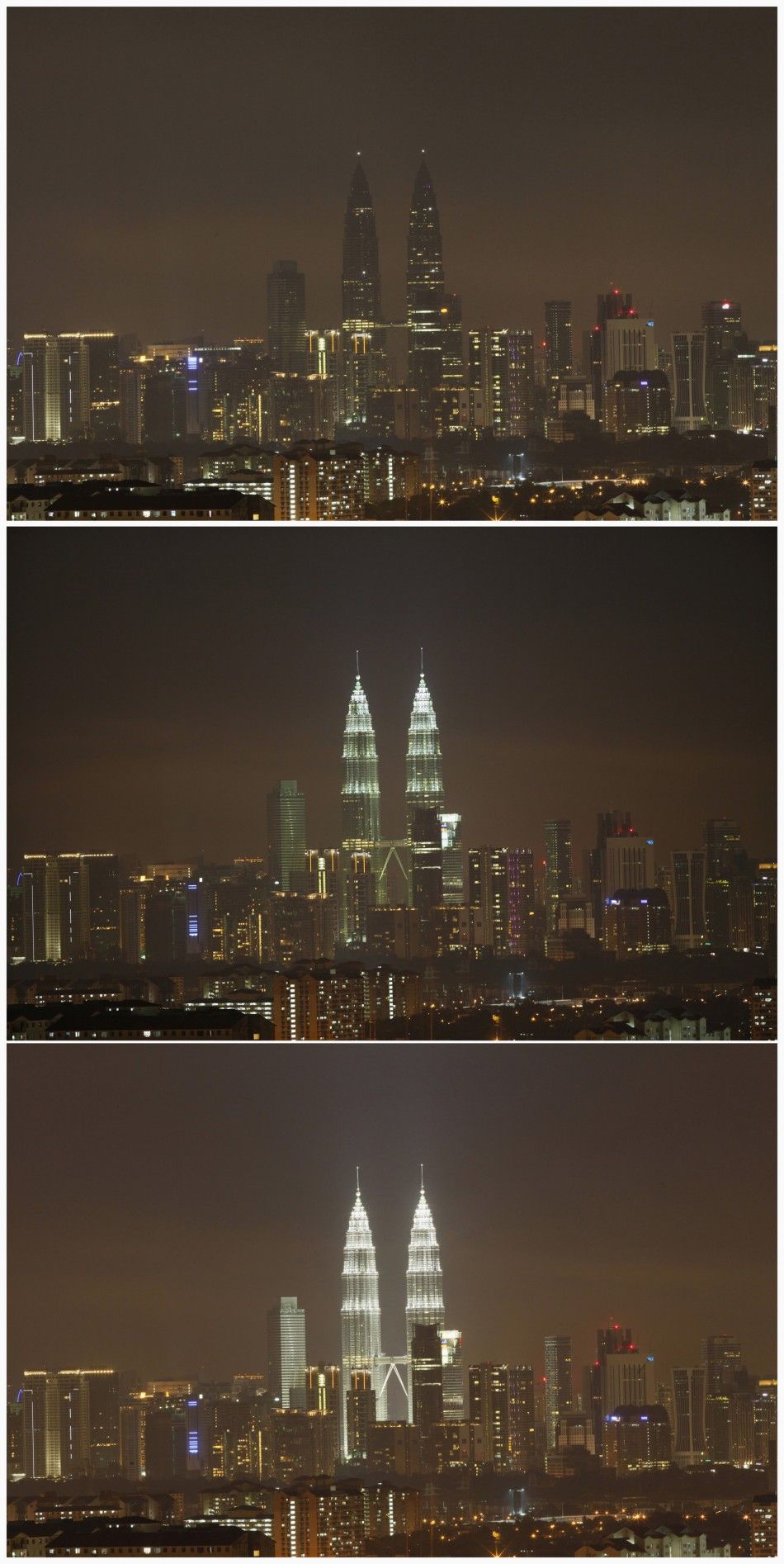
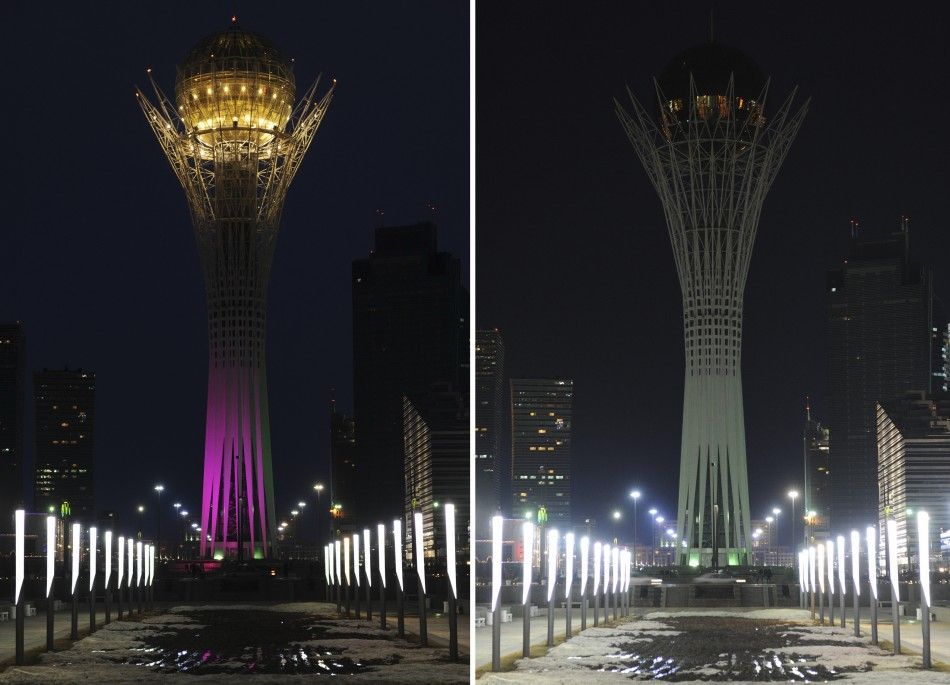

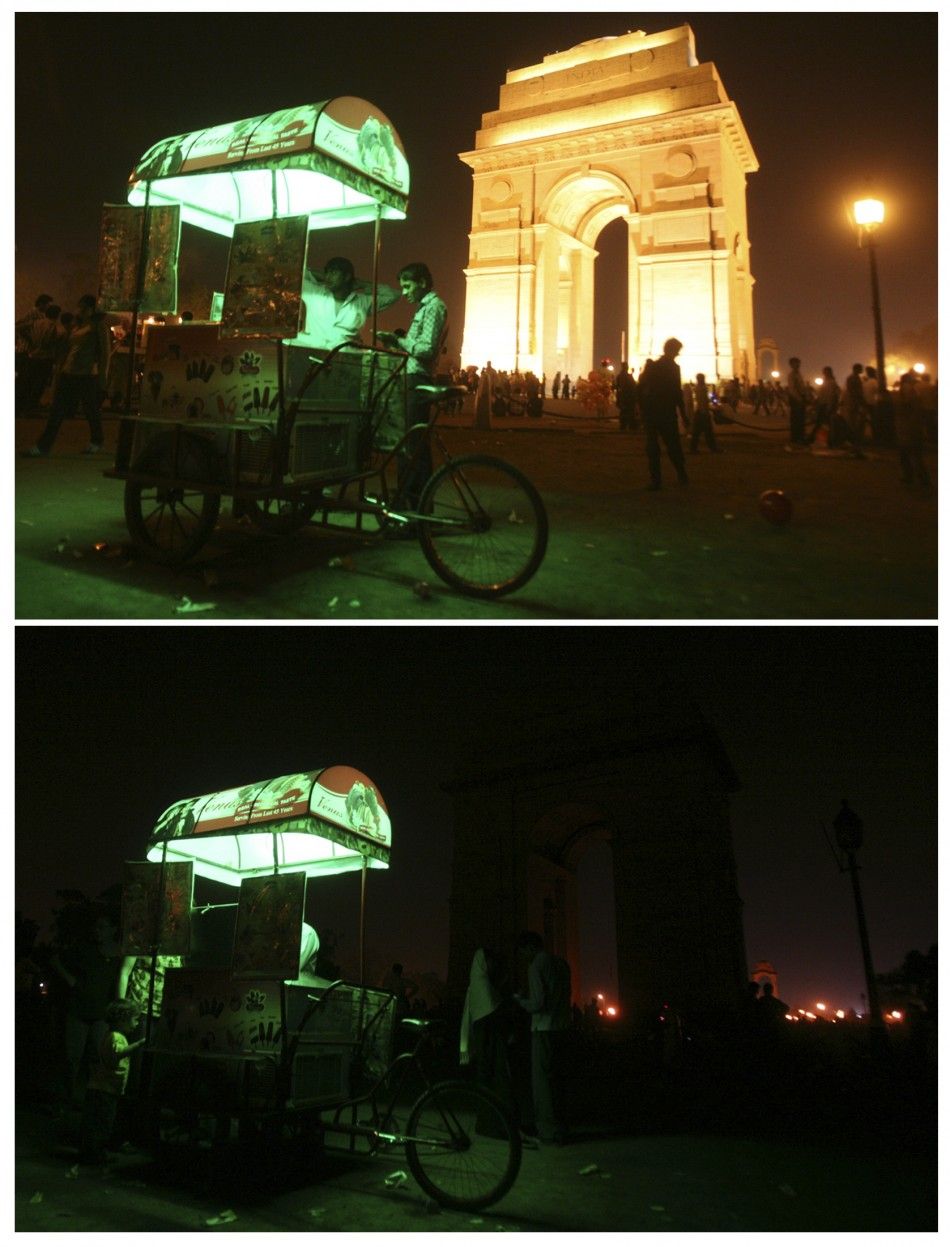
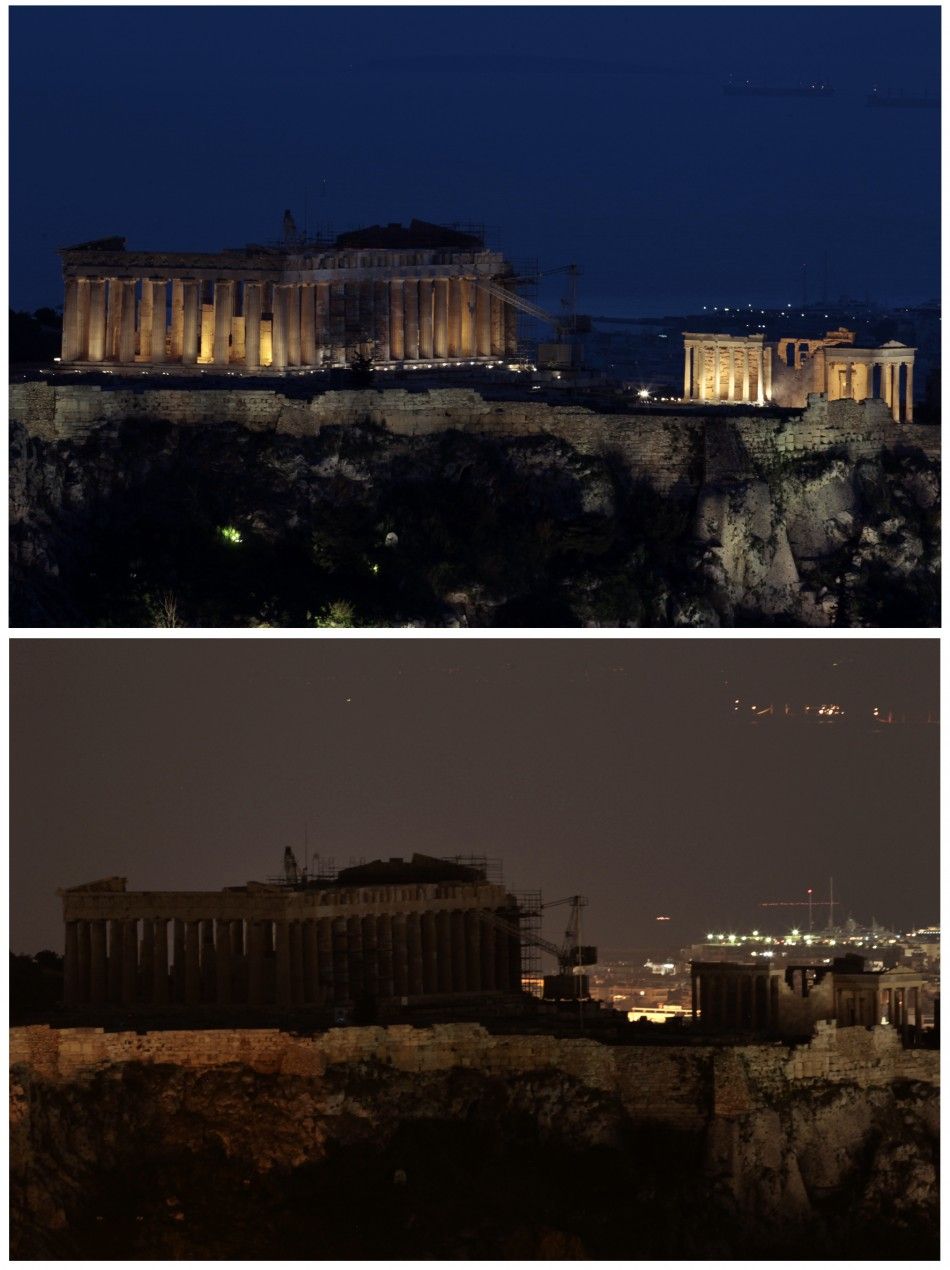
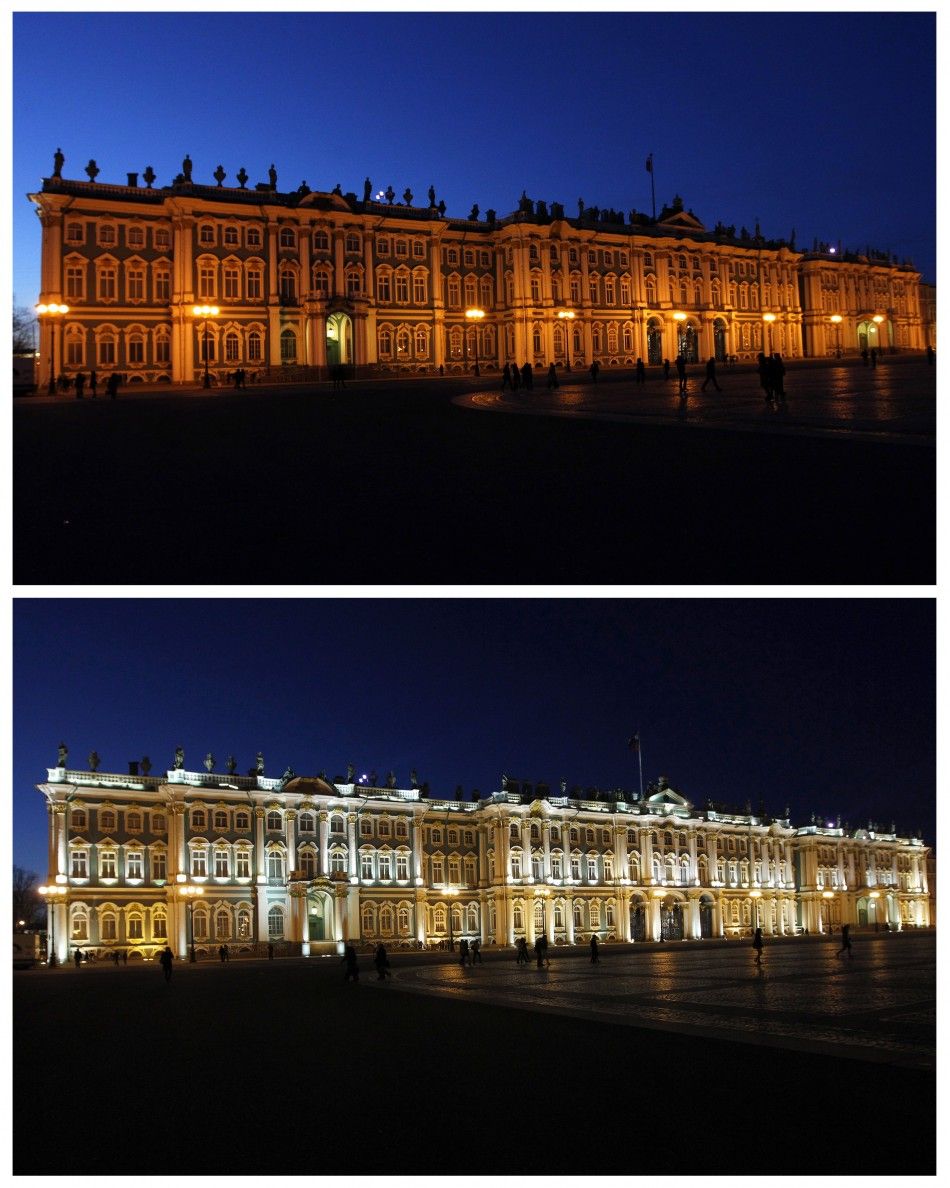
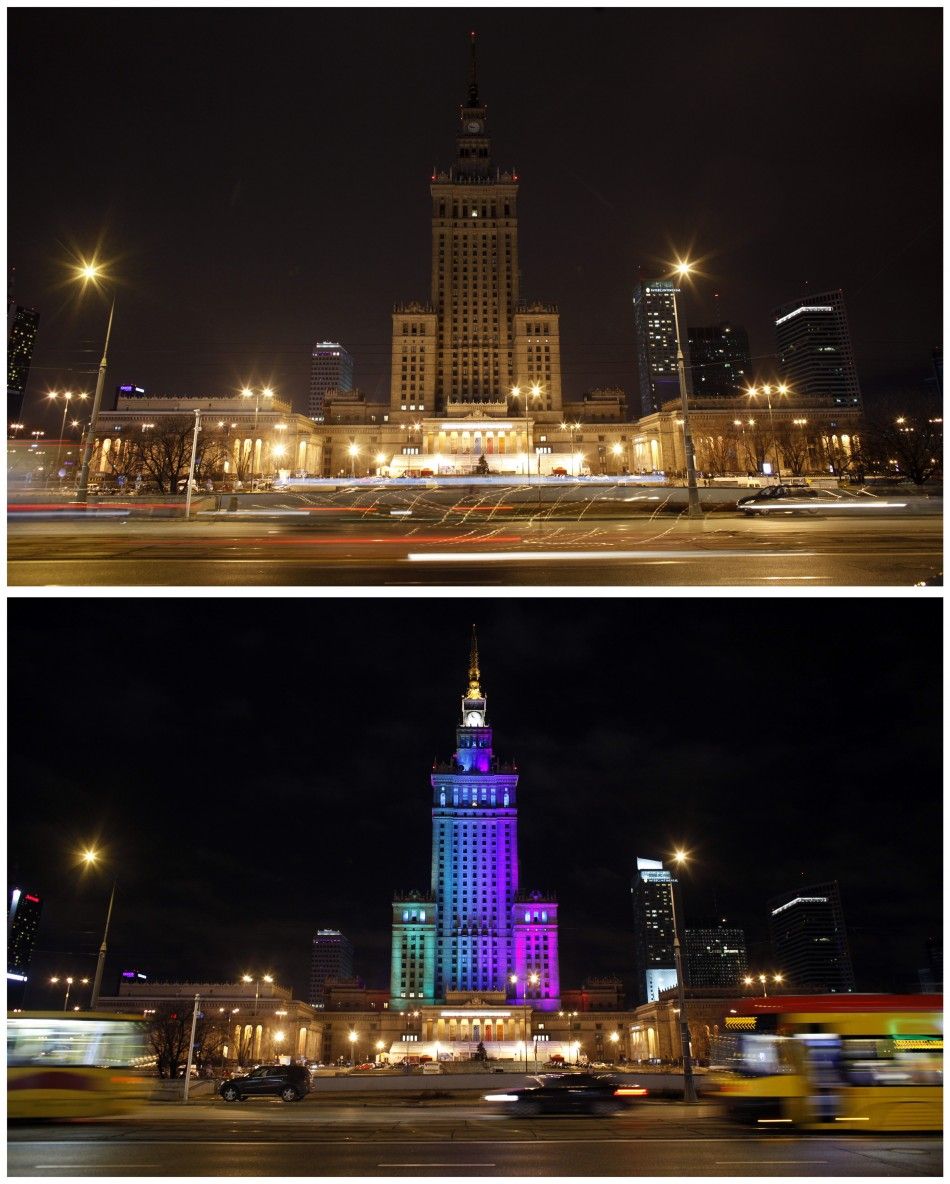
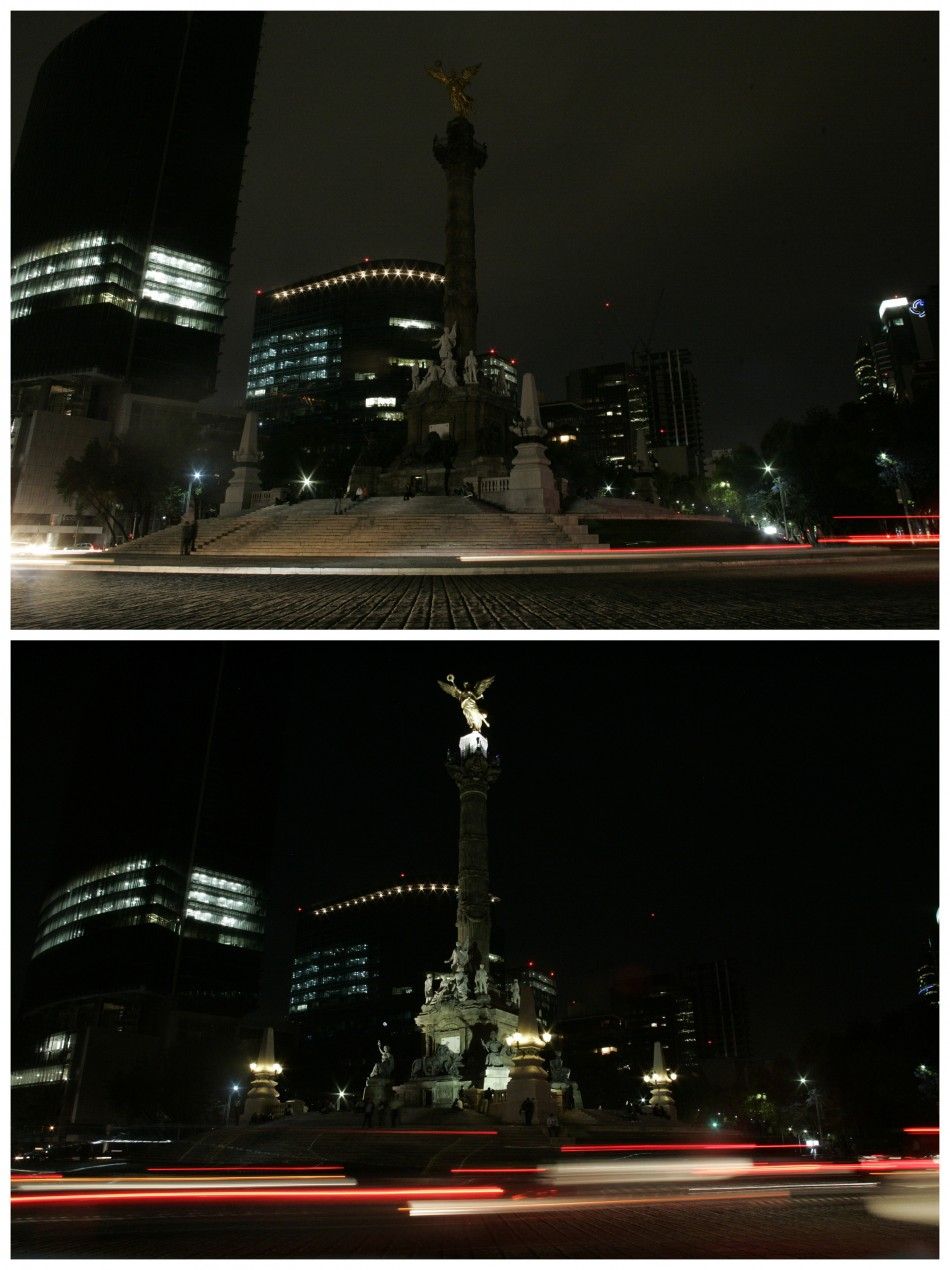
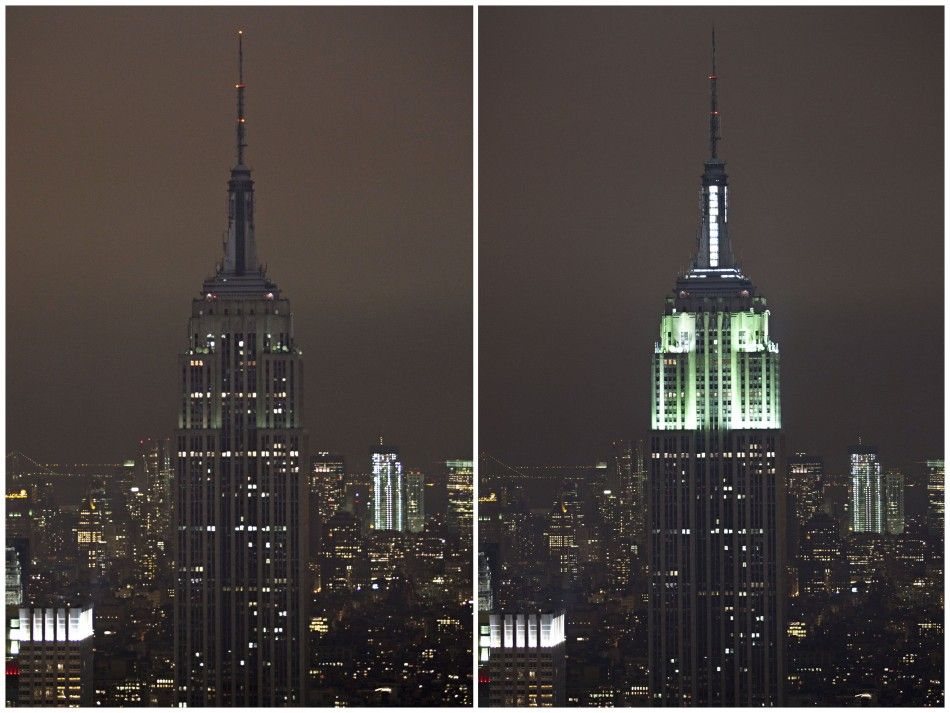
© Copyright IBTimes 2024. All rights reserved.






















